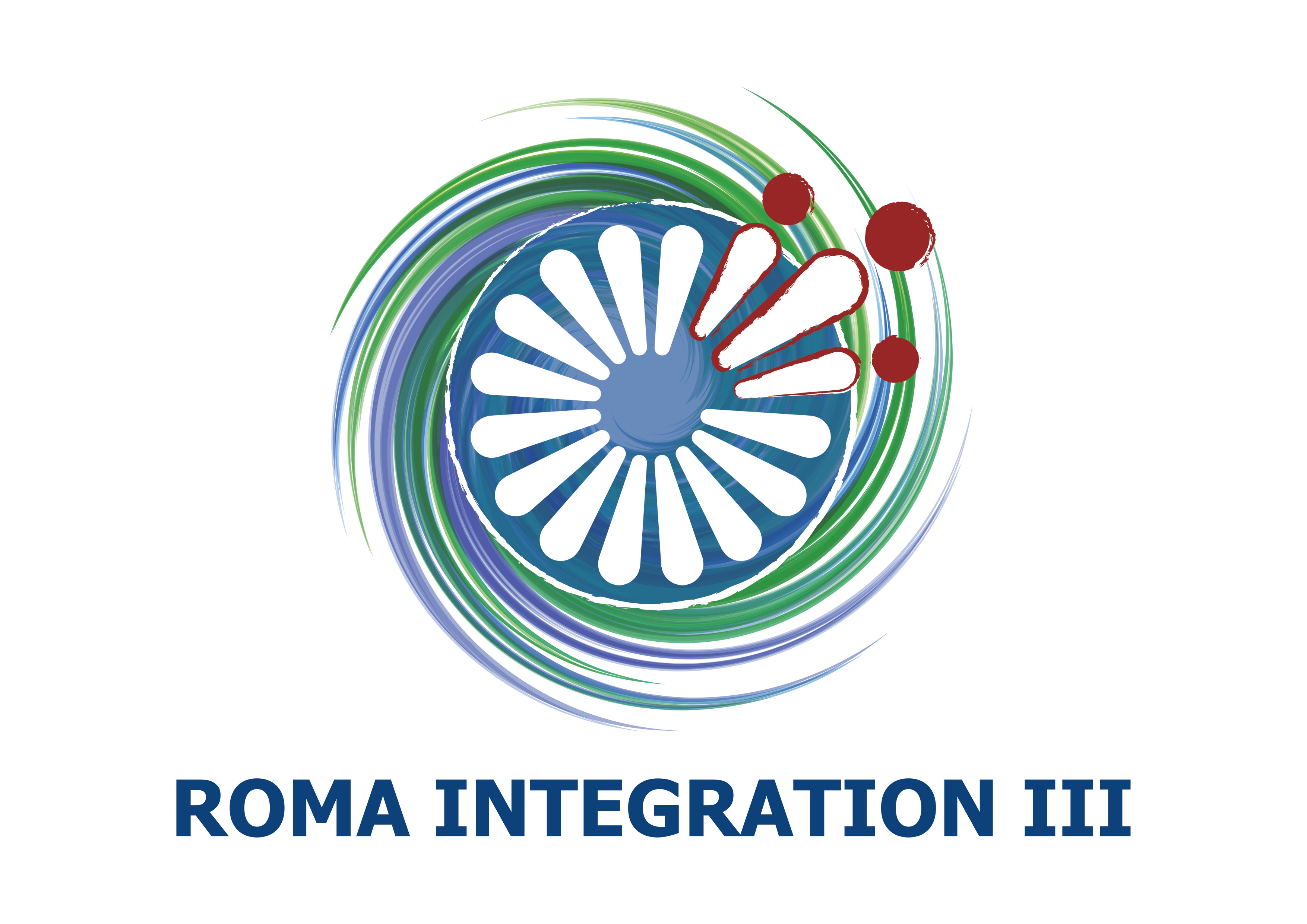The National Employment Platform conference, held on 7 May 2025, in Skopje, North Macedonia, brought together policymakers, Roma civil society organisations, international partners, and private sector stakeholders to explore strategies for enhancing the economic inclusion of Roma through active labor market measures, entrepreneurship, and innovation. The event emphasised that Roma economic integration is not only a matter of social equity but also a prerequisite for sustainable national growth. It provided a platform to assess current employment initiatives, share successful practices, and chart a path forward for inclusive policymaking.
During the event, the study “Impact of government measures and policies on employment and self-employment of Roma”, supported by the EU-CoE Joint Programme Roma Integration III was presented. The study aimed to assess the representation of Roma in employment and self-employment policies and programs, identify key challenges and barriers faced by Roma in accessing these measures, and evaluate their impact. Key findings revealed that over 60% of Roma are engaged in informal work, and participation in the self-employment program is generally low, particularly in municipalities with a large Roma population such as Šuto Orizari, Prilep, Bitola, and Kumanovo. The data also highlighted that with only three Roma employees among 417 staff members in a key agency, cultural and social representation remains alarmingly low. On a more positive note, the business survival rate among Roma entrepreneurs who accessed self-employment support ranges between 60 to 70%, which is close to the national average. This indicates that Roma entrepreneurs can maintain their businesses over time when given adequate support, such as access to financial resources and market opportunities. The introduction of mentoring programs, especially those focused on supporting Roma women, has also been positively evaluated.
Only 0.7% of unemployed Roma participate in existing training programs. Although active labor market programs have shown growth in both applications and employment outcomes, many training opportunities require at least primary or secondary education. Since many Roma have lower levels of formal education, this eligibility criterion limits their ability to benefit from these programs, contributing to low participation rates.
In the first panel discussion on stimulating economic growth through active employment measures, participants emphasised the need for more inclusive and flexible criteria to access support. Speakers stressed that self-employment programs should prioritise entrepreneurial capacity over formal education, and that mentoring, info sessions, and community-based support are essential for helping Roma develop and sustain their businesses. Additional focus was placed on supporting returnees and adult education programs, as well as improving access to career guidance and tailored employment services. A youth debate during the session addressed concerns about overdependence on state support, with Roma youth representatives affirming their motivation and willingness to actively contribute to the economy.
The second panel discussion focused on supporting traditional Roma businesses and encouraging their transition into green and digital markets. Participants underlined the importance of expanding access to innovation and digitisation support, ensuring inclusivity in funding mechanisms, and offering mentorship and reorientation services to Roma-owned enterprises. Craft training programs that incorporate digital and green skills were highlighted as a promising avenue, with Roma youth winning half of all school competition awards as evidence of their potential. The panelists also called for broader access to basic information and communication technology and foreign language training, recognising this as a foundation for Roma participation in digital transformation policies.
The National Employment Platform highlighted the need for inclusion, cooperation, and innovation to create sustainable economic opportunities for Roma in North Macedonia. By acting on the insights shared, stakeholders can transform promising ideas into measurable progress for Roma communities. The event was organised by the EU-CoE Joint Programme Roma Integration III in cooperation with REDI – Roma Economic Development Initiative.


